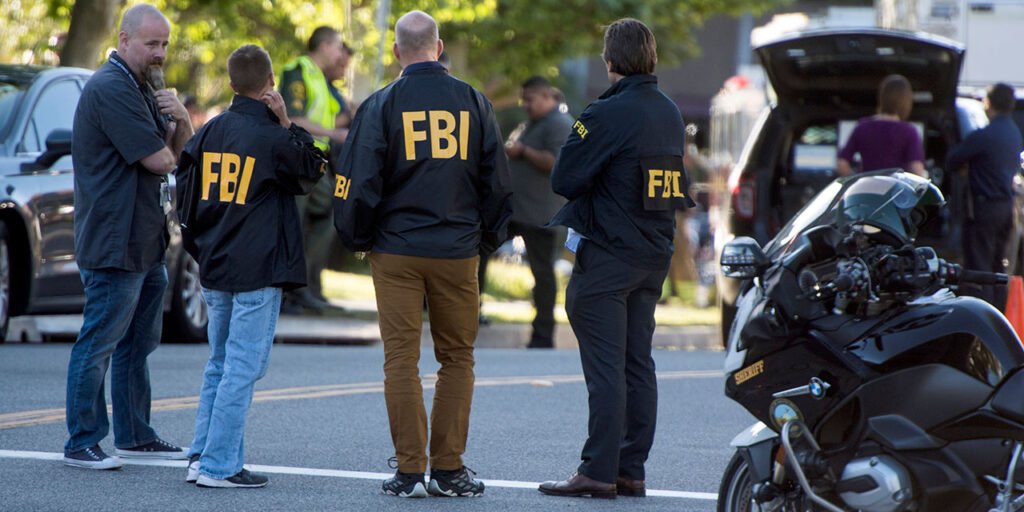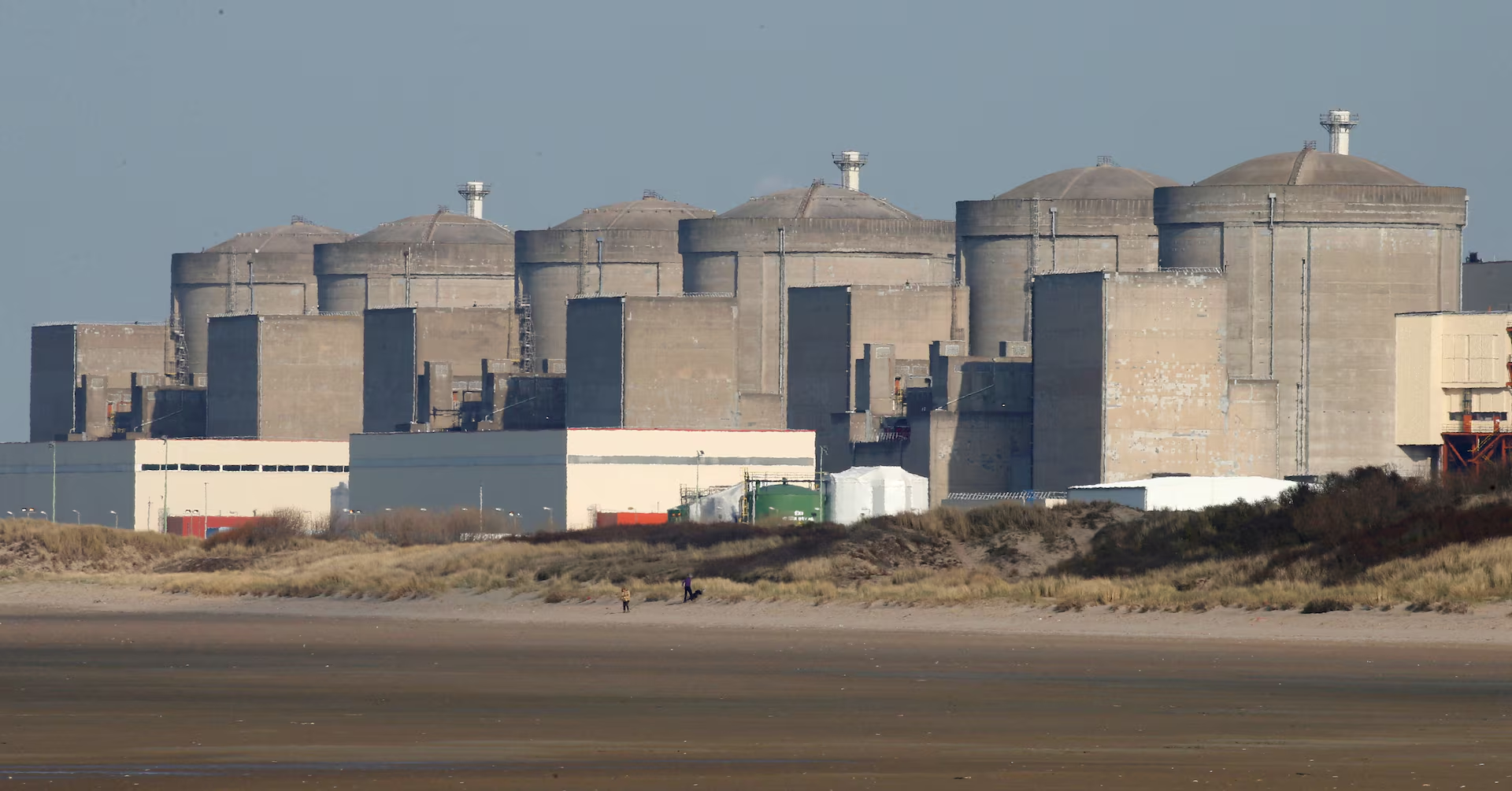FBI Agents DC Patrol Begin Street Assignments Amid Rising Crime
FBI agents DC patrol began duties immediately after President Donald Trump declared a crime emergency in Washington, DC.
Normally, these agents investigate major threats; however, leadership ordered them to join local police in high-crime neighborhoods.
Moreover, this sudden shift placed investigative specialists in unfamiliar roles, testing adaptability and on-ground response skills.
Earlier this year, agents assisted ICE locating undocumented immigrants and reviewed Jeffrey Epstein case files for sensitive data removal.
Now, with crime rates climbing, leaders deploy them for visible patrol presence to discourage potential offenders effectively.
Why FBI Agents DC Patrol Lack Street Policing Background
Federal training focuses on counterintelligence, organized crime, and terrorism cases, not routine street-level law enforcement tasks.
As a result, community policing requires them to learn interpersonal skills and adapt to new environments quickly.
Moreover, many agents lack neighborhood familiarity and specialized gear common in local police departments.
Therefore, adjusting to local patrol styles becomes a top priority during this declared crime emergency.
In fact, a 2024 report revealed 44% of new agents came from academic or technology backgrounds instead of policing.
Balancing Federal Investigations and DC Patrol Duties
FBI agents DC patrol continue managing federal cases while responding to local incidents, creating intense workload pressure.
However, some agents welcome the challenge, using patrols to gather intelligence and monitor urban crime patterns directly.
Meanwhile, others worry about resource strain affecting high-priority operations targeting cybercrime, terrorism, and organized criminal networks.
Therefore, FBI Director Kash Patel supports local police leadership but acknowledges emergency demands broader federal participation.
Consequently, agents often finish late-night patrols before returning to investigative work the following morning.

Coordination Between FBI Agents and Local Police
Joint patrol teams combine federal investigative reach with local officers’ neighborhood expertise for stronger crime prevention strategies.
Moreover, local police guide agents through high-risk areas, while agents provide intelligence on multi-jurisdictional criminal operations.
As a result, both immediate street crimes and larger connected threats face coordinated response. Furthermore, visible federal presence signals a united government commitment to public safety in Washington.
Therefore, constant communication ensures patrol plans remain organized and effective during the crisis.
The Road Ahead for FBI Agents DC Patrol
Officials have not confirmed how long FBI agents DC patrol will work alongside Washington’s Metropolitan Police Department.
However, supporters believe visible federal presence deters criminals and improves inter-agency cooperation.
Meanwhile, critics warn that removing agents from specialized missions risks weakening national investigations.
Therefore, this deployment shows how emergencies can reshape law enforcement roles unexpectedly.
Ultimately, FBI agents DC patrol remain committed to public safety, adapting their expertise to urgent needs in the capital.




